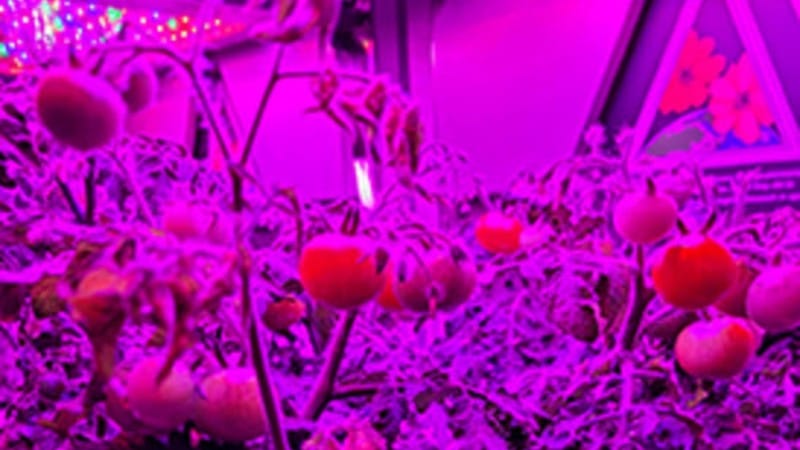
NASA to Grow Tomatoes in Space Aboard ISS
In a historic moment that could impact the future of food production, tomatoes will be grown in space for the first time thanks to two technologies from Profile Products, a developer and manufacturer of highly engineered specialty agriscience materials.’
The Red Robin tomato trials, which arrived at the International Space Station (ISS) on Nov. 26 as part of the SpaceX CRS-26 cargo mission, will be grown in Profile Porous Ceramics (PPC) and Profile-produced Florikan controlled-release fertilizer for improved plant health and growth.
The Red Robin tomatoes will be fertilized with a proprietary blend of Florikan CRF 14-4-14 T 180 day and T 100 day. The blend will be further supplemented with a Florikan high potassium flowering special 0-0-19+9% Mg T 70 day flowering plant finisher in a controlled release fertilizer matrix. PPC provides the plant with a stabilized growing media to enhance the root zone for improved germination, increase oxygen levels, and improve water and nutrient retention.
The Red Robin tomatoes will also be grown on Earth as a controlled experiment using the same Florikan CRF and blends of PPC in school and home gardens, as well as in KSC ground control labs. The crops will be compared to measure the effects of a zero-gravity environment on tomato growth. This will serve as a means to promote best management practices for sustainable agriculture on Earth.
“Whether on Earth or in space, our agriscience products and professional teams are ready to take on the challenge of providing a reliable growing solution when it matters most,” said Wes Martin, Profile’s vice president of horticulture/lawn and garden. “Through these trials, we hope to show that our products can grow nutritious food in unique conditions. The positive impact of such an efficient production system as what’s being used in space could reduce fertilizer applications in hydroponics, greenhouses and nurseries on Earth, resulting in less labor and reducing environmental run off.”
The study, NASA’s VEG-05 experiment, is designed to provide healthy and nutritious diets for astronauts on long-duration exploration missions. It will focus on several factors, including fertilizer and light spectrum on fruit production, microbial food safety and the overall behavioral health benefits of having plants and fresh food in space. In initial ground testing, the dwarf cherry tomato variety grew well in Profile’s products and produced a large crop.


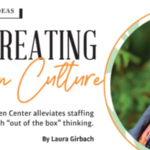
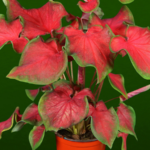


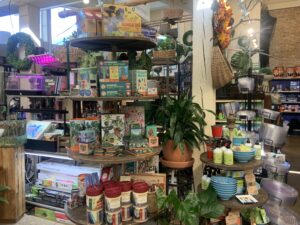


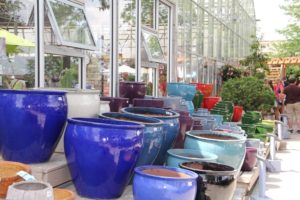
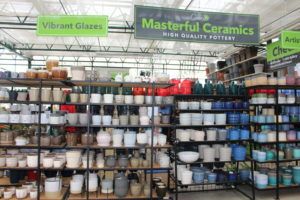
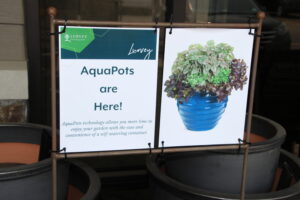
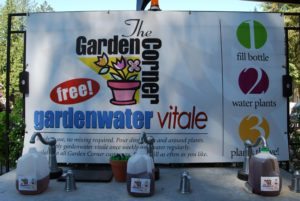
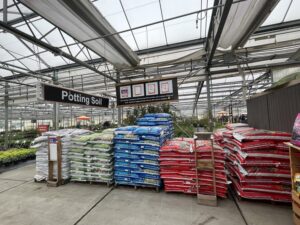
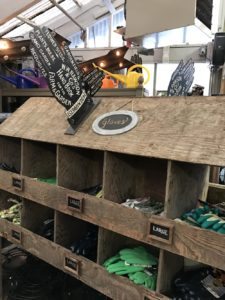
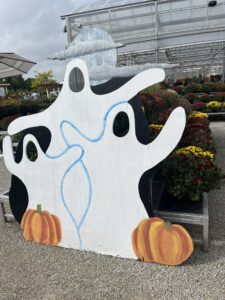
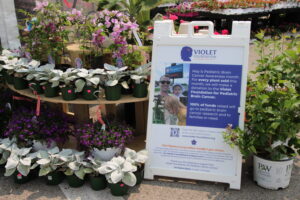
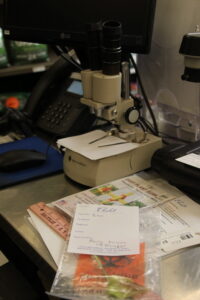
 Videos
Videos





